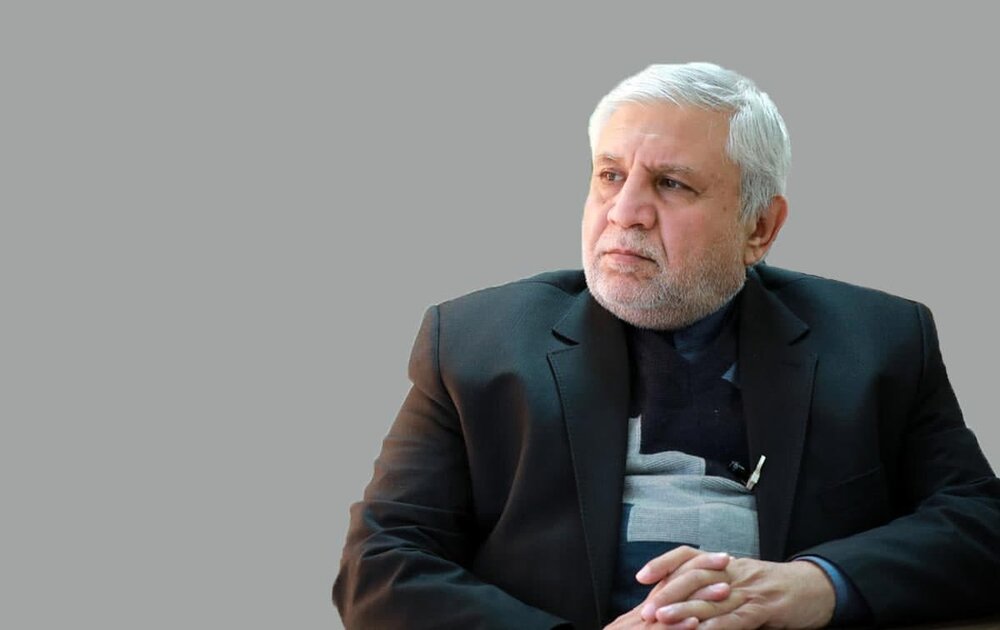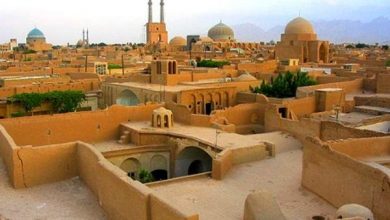

The result of the comments made, regardless of the categorical approaches, is the acceptance of this event and a positive assessment of this development, and of course, the continuation of these discussions to reach an elite consensus can help the diplomatic system to make the best decision. It is important that by avoiding polarizing renewed relations with Riyadh, we must view this issue as a national event and not allow partisan and factional approaches to turn this well-thought-out measure into a challenge in the course of time. Several facts can make this path effective.
1- Severing Saudi Arabia’s relationship with Iran has precedents. Riyadh’s dissatisfaction with the nuclear agreement between Iran and the West and obstructing the implementation of this agreement and the coordinated moves of Saudi Arabia and the United States against Syria and Iraq and the axis of resistance with the support of takfiri groups, Riyadh’s move in the unprecedented increase in oil production to lower prices and strike oil producers, as well as the aggression against Yemen, were among these Background factors for clouding relationships. At the same time, the fall of the crane in Mecca and the disaster of Mina (https://fa.wikipedia.org/wiki/%D9%81%D8%A7%D8%AC%D8%B9%D9%87_%D9%85%D9% 86% D8% A7 _ (% DB% B1% DB% B3% DB% B9% DB% B4)) and the deaths of hundreds of Iranians due to the negligence of Saudi agents as well as the attack of Jeddah airport inspection agents on two Iranian pilgrims were among the events that fueled the coldness Relations between the two countries. The execution of Sheikh Nimr, the fighter Saudi cleric, and the fierce protest of Muslims in Iran and the world, which led to demonstrations in front of the Saudi Consulate General in Mashhad and some uncalculated measures, led to the darkening of relations. The Saudi government took advantage of the atmosphere that had arisen at the international level and severed relations with Mazloum Mami with Iran, and at that time Saudi Arabia considered itself in a superior position and did not even accept Iran’s charitable offer to negotiate a solution to the Yemen problem .. Iran does not have
2- The agreement between Iran and Saudi Arabia to restore official relations on March 19, 1401 came in very good conditions and showed the change in regional conditions in favor of Iran. This agreement comes at a time when Arab countries are seeking to normalize relations with Syria, and parliamentary delegations from Arab countries are traveling to Syria and appreciating the presidency of Bashar al-Assad after a long period of enmity with Damascus. At this time, the Zionist regime is facing a state of instability due to widespread internal protests against Netanyahu’s policies, and the resistance forces, especially the Palestinian Mujahideen, are in a position of strength.
Iraq is also in a stable position as a strategic friend of Iran. The presidency and government have been established in this country, and the Americans are under pressure to leave Iraq, and the Popular Mobilization Forces lined up against ISIS and do not allow this terrorist group to move. Yemen is also in a very good position because of the unity between the groups of the Mujahideen, the support of the people, access to modern weapons and the upper hand in the field and diplomacy. Regarding the war in Ukraine, Riyadh is showing a desire to be with the region and Russia and not be included in the US-NATO alliance against Russia. This situation is considered to mean the weakening of American influence in Saudi Arabia, and the agreement between Tehran and Riyadh in China is analyzed as a prelude to the transfer of power from the West to the East. In this situation, Saudi Arabia, which was once America’s first ally in the region, extends a hand of friendship to Iran after months of diplomatic negotiations in Iraq and Oman.
3- The Islamic Republic of Iran and the Kingdom of Saudi Arabia are two important countries in the Islamic world, and if they reduce their differences and rely on the existing common denominators, they can help strengthen Islamic unity and stand against Islamophobia in the world and the enemies of Islam. . On the other hand, in the important Hajj issue, Saudi Arabia can facilitate the movement of Iranian pilgrims and there is a possibility of increasing quotas as well. Given the centrality of the Palestinian issue in the Islamic world, the increasing weakness of the Zionist regime, and the evidence of the existence of apartheid in the occupied territories, cooperation between Iran and Saudi Arabia will be effective for the liberation of Palestine, Jerusalem, and will. Acceleration of the weakening of the Zionist entity. In order to solve the problem of Yemen and prevent the continuation of this bloody war, negotiations between Iran and Saudi Arabia will be effective and will help solve the problem of Yemen, as well as to ensure the security of the region, Iran and Saudi Arabia. Can work together in the direction of promoting pluralism.
In general, the establishment of official relations between Iran and Saudi Arabia is undoubtedly a valuable achievement of Iranian diplomacy that enjoys field support, and it can be considered part of the regime’s policy to strengthen relations with neighboring countries. It is expected that after the reopening of political offices and the exchange of ambassadors, we will witness positive developments in relations between Tehran and Riyadh, and the peoples of the two countries and the countries of the region will benefit from these relations. This is the art of the two countries’ diplomatic institutions to patiently put the use of cooperation capabilities on the agenda by continuing negotiations and emphasizing commonalities. The support of all the sympathetic experts and analysts can certainly enhance the national vision of this important event and the approach of turning dissension into coherence and integration of intellectual aid to the government.










